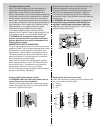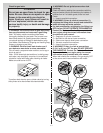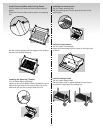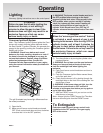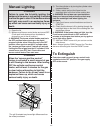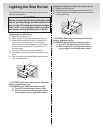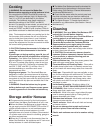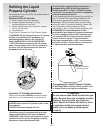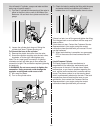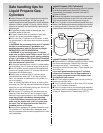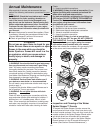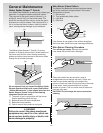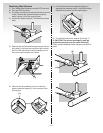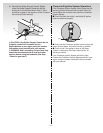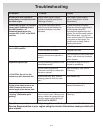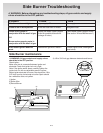Special offers from our partners!

Find Replacement BBQ Parts for 20,308 Models. Repair your BBQ today.

Buy Weber Grill Parts. It couldn't be easier. Find your Weber parts here.
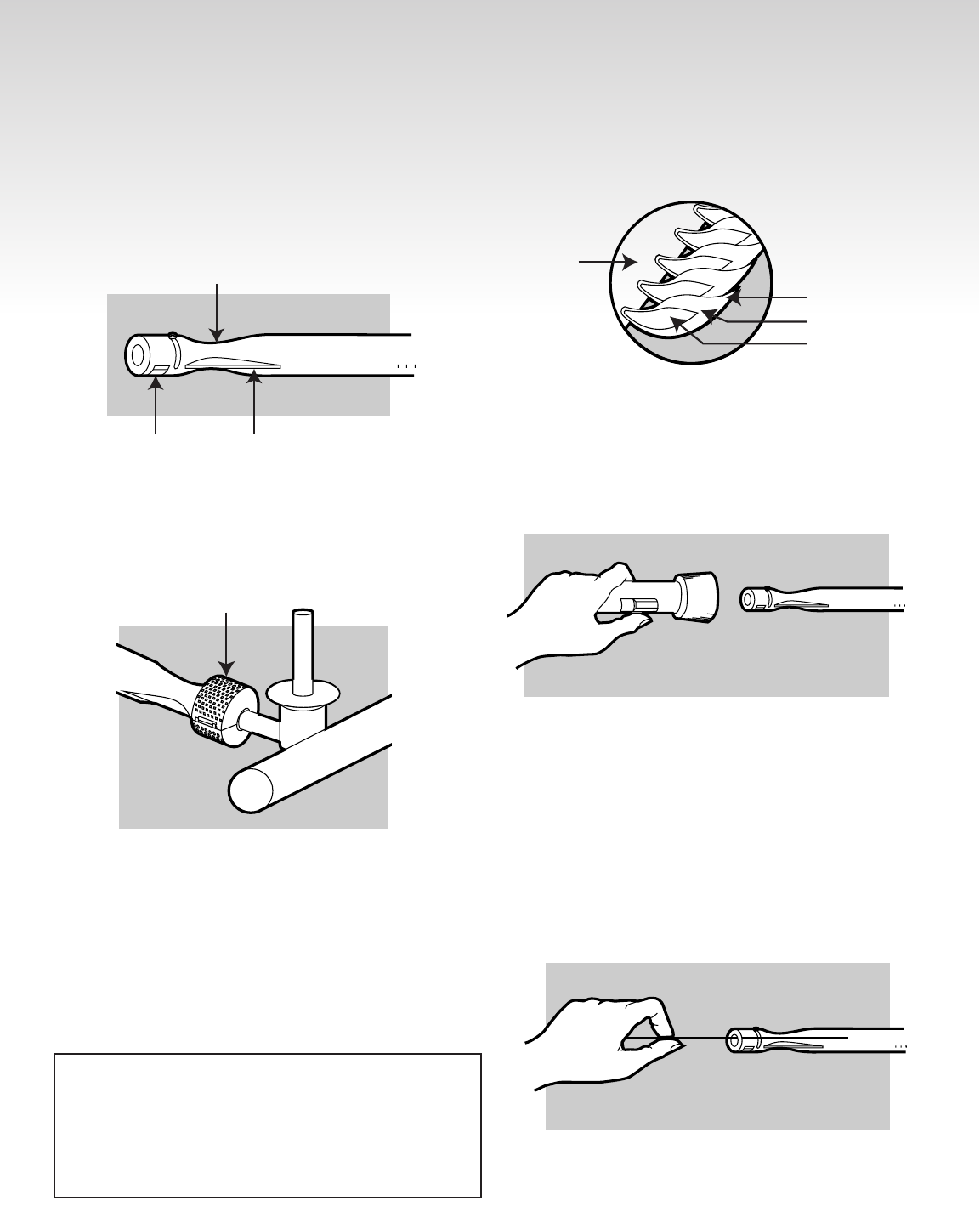
D-9
General Maintenance
Weber Spider Stopper™ Guards
Your Weber Gas Barbecue, as well as any outdoor gas
appliance, is a target for spiders and other insects.
They can nest in the venturi section (Venturi(1), air
shutter(2), venturi fin(3) ) of the burner tubes. This
blocks the normal gas flow, and can cause the gas to
flow back out of the air shutter. This could result in a
fire in and around the air shutters, under the control
panel, causing serious damage to your barbecue.
The Weber Spider Stopper™ Guard(1) is factory
installed. It fits tightly around the air shutter section of
the burner tube and the valve, thereby preventing
spiders and other insects access to the burner tubes
through the air shutter openings.
We recommend that you inspect the Weber Spider
Stopper Guards at least once a year. (See Section
“Annual Maintenance”.) Also inspect and clean the
Spider Stopper Guards if any of the following
symptoms should ever occur:
1) The smell of gas in conjunction with the burner
flames appearing yellow and lazy.
2) Barbecue does not reach temperature.
3) Barbecue heats unevenly.
4) One or more of the burners do not ignite.
Main Burner Flame Pattern
The Weber Gas Barbecue burners have been factory
set for the correct air and gas mixture. The correct
flame pattern is shown.
1) Burner tube
2) Tips occasionally flicker yellow
3) Light blue
4) Dark blue
If the flames do not appear to be uniform throughout
the burner tube, follow the burner cleaning procedures.
Main Burner Cleaning Procedure
Turn off the gas supply. Remove the manifold.
Look inside each burner with a flashlight.
Clean the inside of the burners with a wire (a
straightened-out coat hanger will work). Check and
clean the air shutter opening at the ends of the
burners. Check and clean the valve orifices at the base
of the valves. Use a brass bristle brush to clean
outside of burners. This is to make sure all the burner
ports are fully open.
CAUTION: Do not enlarge the burner ports when
cleaning.
(1)
(2) (3)
(1)
(2)
(3)
(4)
(1)
ƽ DANGER
Failure to correct the above mentioned
symptoms may result in a fire, which can
cause serious bodily injury or death, and
cause damage to property.



